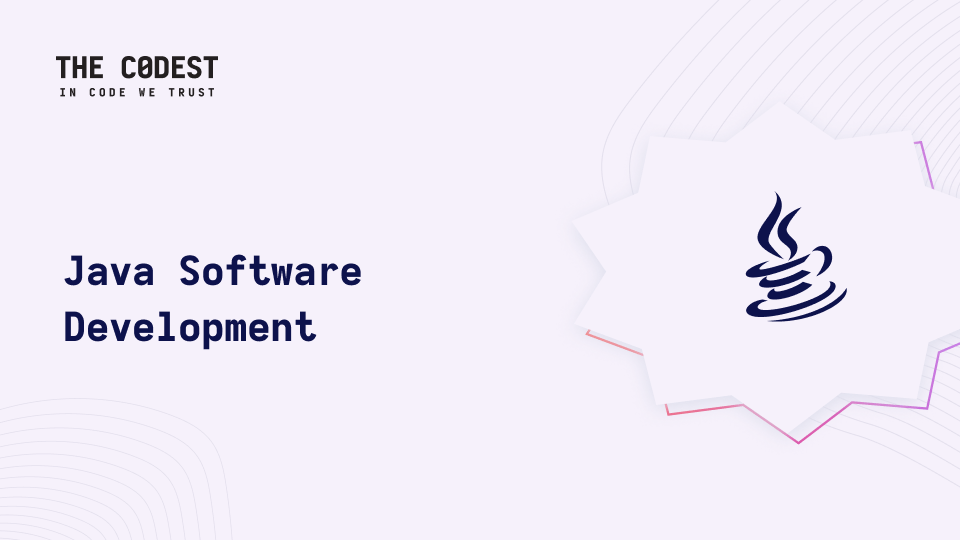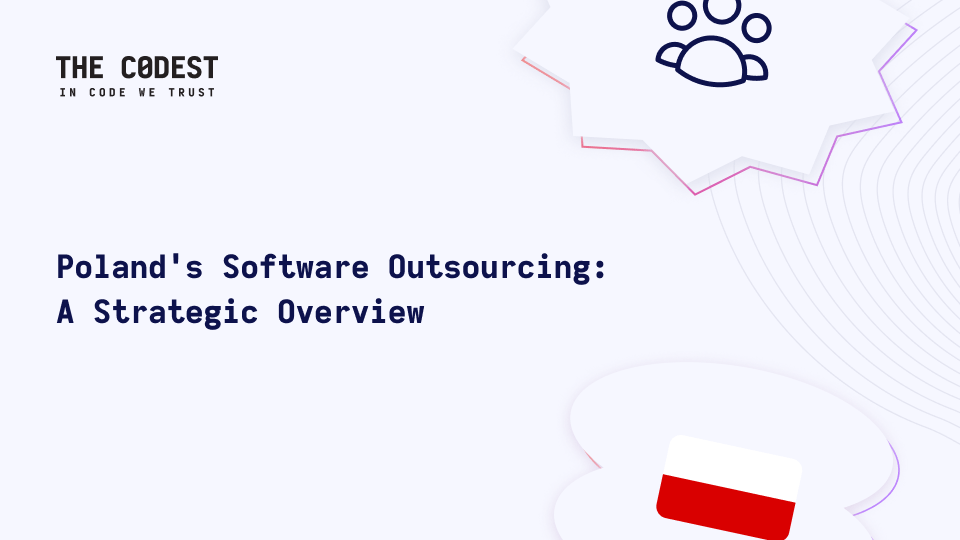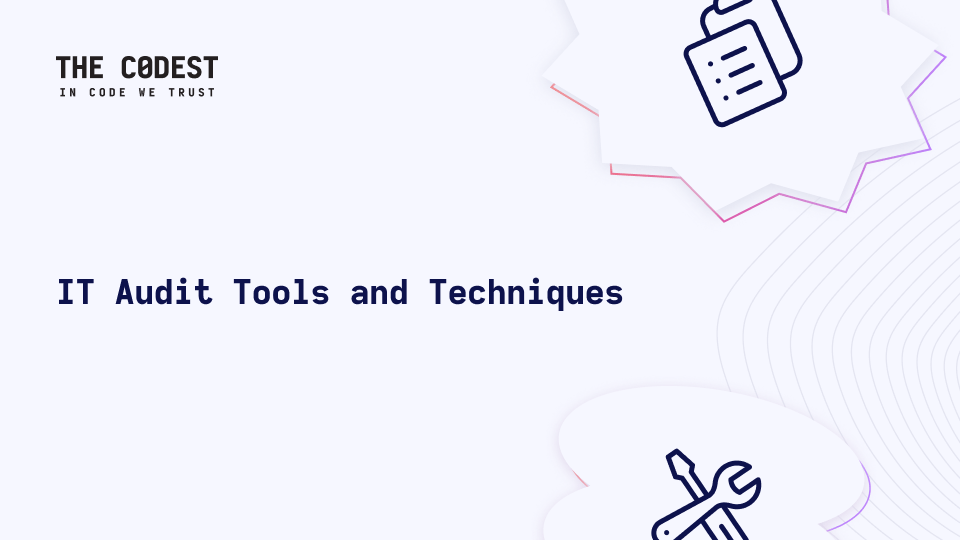Heb je je ooit afgevraagd hoe je een Junior Ruby Developer kunt worden? Aangezien je op de titel van dit artikel hebt geklikt, kunnen we aannemen van wel! Laat ons je leiden door de belangrijkste zaken om rekening mee te houden op je weg naar je droombaan!
Om een professionele ontwikkelaar te zijn, heb je niet alleen expertise nodig met betrekking tot verschillende programmeeraspecten, maar ook ervaring. In dit artikel laten we je zien hoe je jezelf als kandidaat kunt verbeteren en aantrekkelijker kunt overkomen bij de recruiter door je te richten op zowel expertise als ervaringsgerelateerde zaken.
KENNIS
Zoek betrouwbare kennisbronnen!
Leren hoe je code kan gemakkelijker zijn als je de juiste bronnen gebruikt. Hier zijn enkele van mijn aanbevelingen:
Wat zijn de meest gemaakte fouten tijdens het studeren?
Zeker niet het leren van SQL. We denken misschien dat we het niet nodig hebben als ActiveRecord behandelt automatisch de basishandelingen met betrekking tot SQL. Maar later wordt het proces ingewikkelder en voor sommige van je toekomstige werkzaamheden kan een beter begrip van dit vakgebied nodig zijn.
De op één na grootste fout is om je te verdiepen in Rails zonder vaste stof Ruby vaardigheden. In het begin lijkt het misschien een aantrekkelijk idee, vooral wanneer je ontdekt hoe leuk het is om volledige apps te bouwen met behulp van gem packs. Op de lange termijn kunnen er echter veel valkuilen optreden in je carrière als ontwikkelaar als je geen diepgaande Ruby kennis hebt.
ERVARING
Hoe doe je basiservaring op voordat je een baan als Junior Ruby Developer krijgt?
Je hoeft niet per se stage te lopen om waardevolle ervaring op te doen, soms kan het nuttiger zijn om je eigen projecten uit te voeren. Hoe kun je dat doen? Probeer zelf een eenvoudige applicatie te bouwen. Je kunt bijvoorbeeld apps als Trello maken. Vergeet niet om je doelen hoog te stellen, pas ze aan aan de situatie en leer van je eigen fouten. Ruby-gerelateerde opdrachten zijn misschien moeilijk te vinden voor nieuwkomers in de branche, maar wees gerust: er is altijd een manier om ervaring op te doen, alleen of met een bedrijf.
Hoe bereid je je voor op een sollicitatiegesprek voor een Junior Ruby Developer?
Afhankelijk van je potentiële werkgever kunnen de sollicitatiegesprekken verschillende scenario's volgen, maar in de meeste gevallen is er één ding zeker: het sollicitatiegesprek. objectgeoriënteerd programmeren. Je moet niet alleen weten wat het precies is en hoe het werkt, maar het ook grondig kunnen uitleggen. De meest voorkomende fout is dat kandidaten het wel weten maar moeite hebben met het presenteren van het concept van objectgeoriënteerd programmeren. Laten we niet vergeten dat stress alles kan verpesten, dus je wilt zeker voorbereid zijn op de gebieden die zeker aan bod zullen komen tijdens het sollicitatiegesprek.
Moet ik een portfolio hebben?
Tegenwoordig is het ongetwijfeld belangrijk om tijd te investeren in het opbouwen en bijwerken van je portfolio. De manier waarop een programmeur zijn werk kan laten zien is door middel van GitHub opslagplaatsen. Op die manier kun je je werk aan de buitenwereld laten zien; vermeld op je CV de projecten die perfecte voorbeelden van je werk kunnen zijn en presenteer je code aan de recruiters.
Waar moet ik zoeken naar vacatures?
Er zijn drie conventionele manieren om naar vacatures te zoeken: LinkedIn, vacatureportalen en websites van bedrijven waarmee je wilt samenwerken. Laten we ze eens nader bekijken:
LinkedIn - de onderschatte kracht van dit platform onder programmeurs moet nog ontdekt worden. Het is een perfecte website om al je projecten en vaardigheden te presenteren en je netwerk op te bouwen. Deze plek kan je helpen om aantrekkelijke vacatures te vinden en in contact te komen met recruiters. Als je profiel goed is opgebouwd, kun je zelfs verwachten dat je een aantal aanbiedingen krijgt.
Websites voor het zoeken naar een baan - Je kunt portalen vinden die speciaal voor IT-professionals zijn bedoeld en algemene portalen met aanbiedingen uit verschillende bedrijfstakken. Het is zeker de moeite waard om beide te gebruiken, vooral als beginner op de arbeidsmarkt. markt.
Website bedrijf - is er een plek waar je je carrière zou willen starten? Volg hun website. In de meeste gevallen hebben hun sites een subpagina gewijd aan vacatures. Vergeet niet daar af en toe een kijkje te nemen, want vaak zijn die websites de eerste plaatsen waar vacatures worden aangekondigd.
Samenvatting
Beginnen in de IT-industrie kan moeilijk zijn, daarom is constant leren en jezelf uitdagen de sleutel tot succes. Raak niet ontmoedigd door fouten, die overkomen de besten. Probeer een aantal van de hierboven genoemde kennisbronnen te gebruiken en aarzel niet om je eigen miniprojecten te starten om jezelf uit te proberen!

Meer lezen
GraphQL Ruby. Hoe zit het met de prestaties?
Rails en andere transportmiddelen
Rails ontwikkelen met TMUX, Vim, Fzf + Ripgrep







